

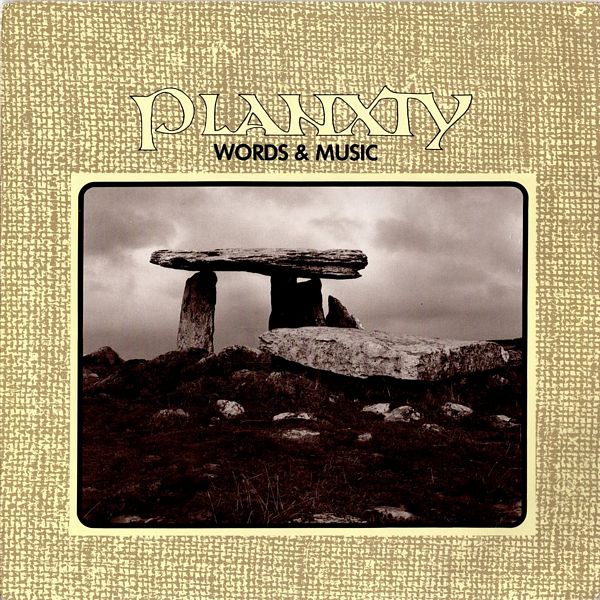 |
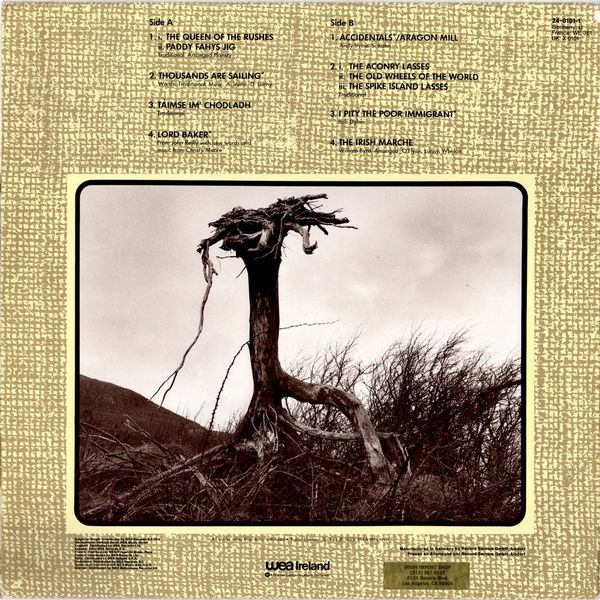
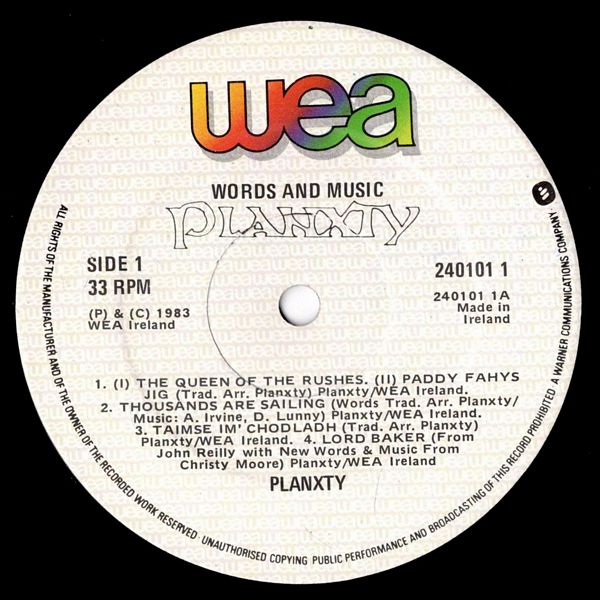
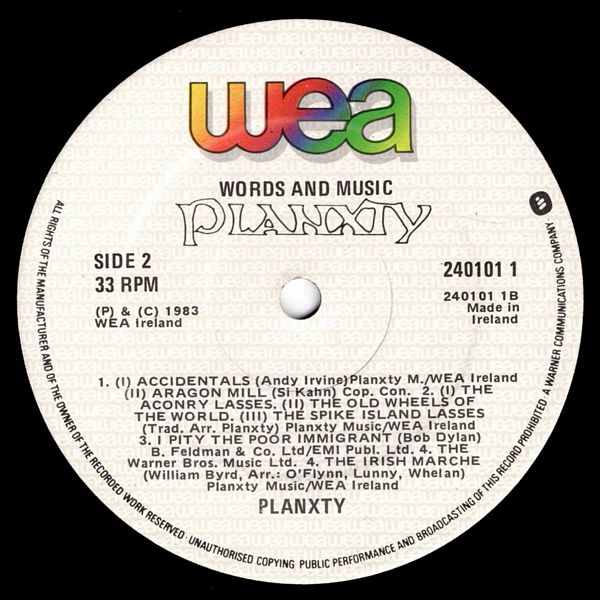 |
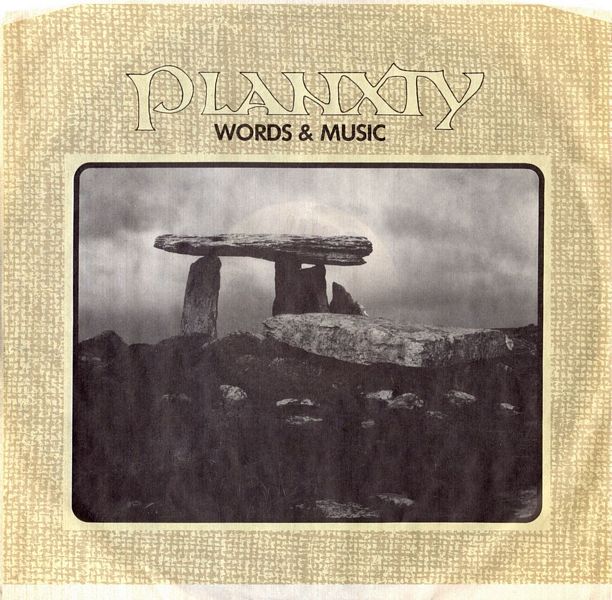
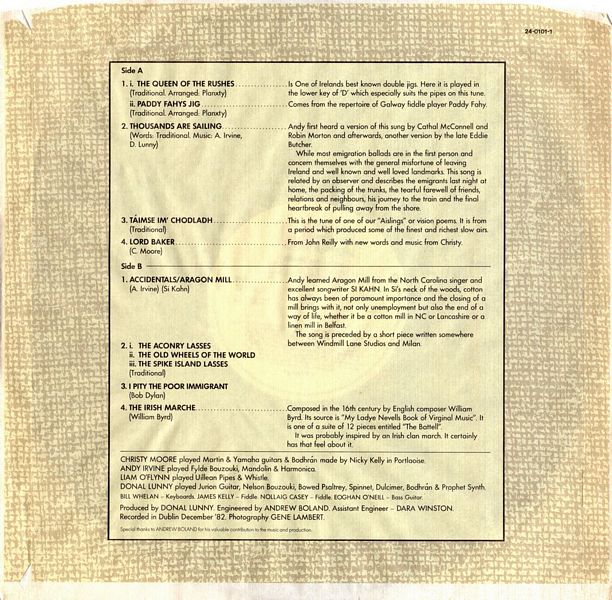 |
Sleeve Notes
The Queen of the Rushes — Is One of Irelands best known double jigs. Here it is played in the lower key of ‘D' which especially suits the pipes on this tune.
Paddy Fays Jig — Comes from the repertoire of Galway fiddle player Paddy Fahy.
Thousands Are Sailing — Andy first heard a version of this sung by Cathal McConnell and Robin Morton and afterwards, another version by the late Eddie Butcher.
While most emigration ballads are in the first person and concern themselves with the general misfortune of leaving Ireland and well known and well loved landmarks. This song is related by an observer and describes the emigrants last night at home, the packing of the trunks, the tearful farewell of friends, relations and neighbours, his journey to the train and the final heartbreak of pulling away from the shore.
Táimse Im' Chodladh — This the tune of one of our "Aislings" or vision poems. It is from a period which produced some of the finest and richest slow airs.
Lord Baker — From John Reilly with new words and music from Christy.
Accidentals & Aragon Mill — Andy learned Aragon Mill from the North Carolina singer and excellent songwriter SI KAHN. In Si's neck of the woods, cotton has always been of paramount importance and the closing of a mill brings with it, not only unemployment but also the end of a way of life, whether it be a cotton mill in NC or Lancashire or a linen mill in Belfast.
The song is preceded by a short piece written somewhere between Windmill Lane Studios and Milan.
The Irish March — Composed in the 16th century by English composer William Byrd. Its source is "My Ladye Nevells Book of Virginal Music". It is one of a suite of 12 pieces entitled "The Battell".
It was probably inspired by an Irish clan march. It certainly has that feel about it.